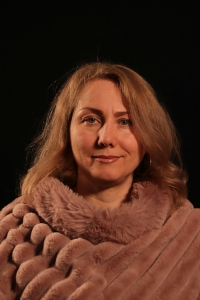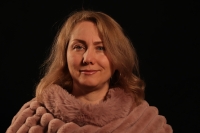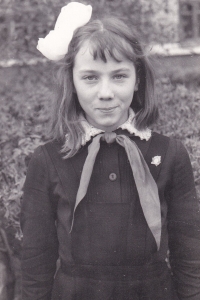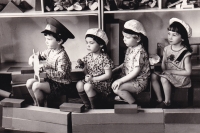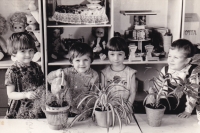I found my entrepreneurial streak in both my father‘s and mother‘s line
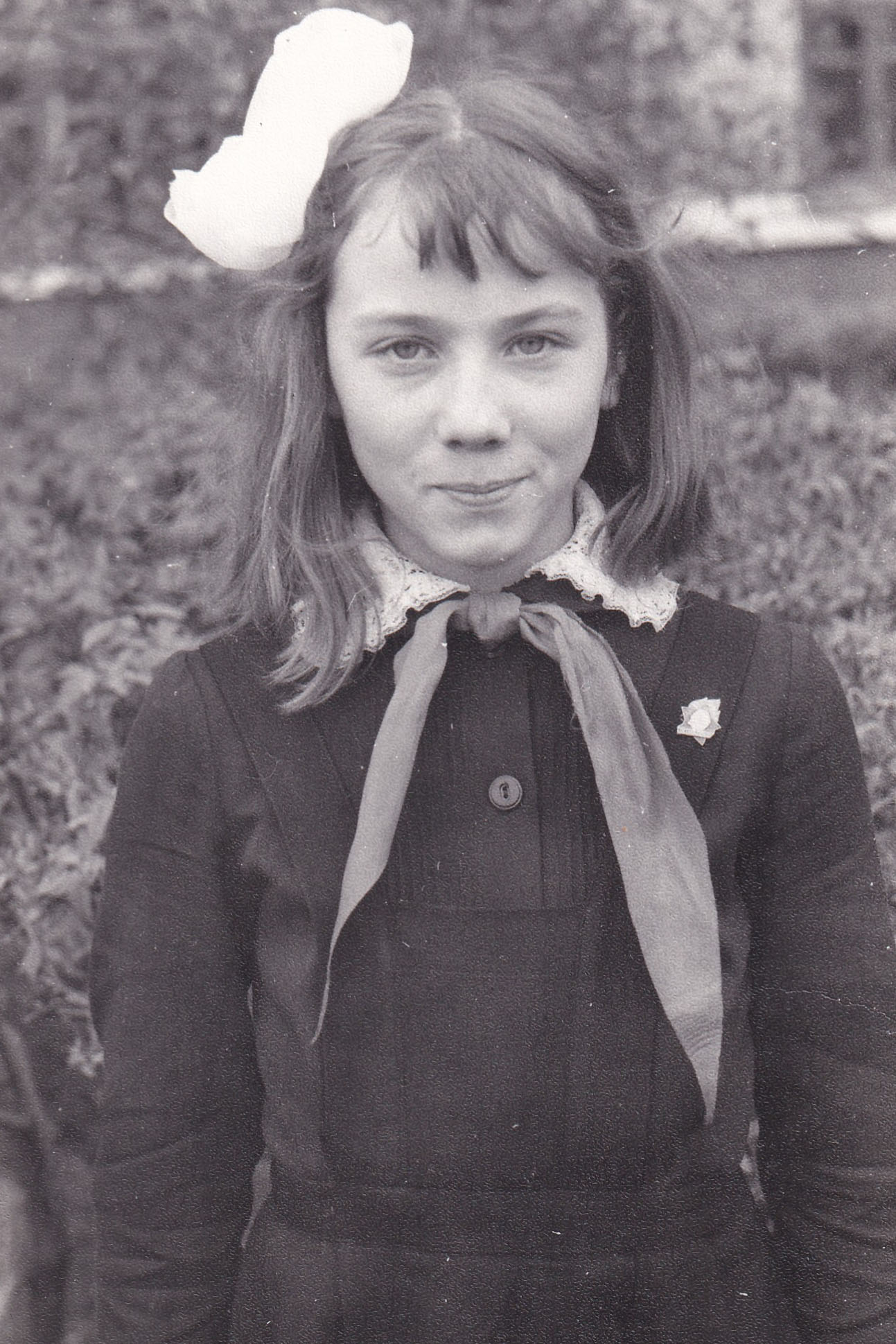
Stáhnout obrázek
Larysa Odarenko is the owner of a flower business in Kramatorsk, a manager, and a yoga instructor. She was born on January 6, 1977, in Kramatorsk to a family of engineers. Her parents, in addition to working in government institutions, were growing flowers and got their daughter involved. After Ukraine gained its independence, flowers became the backbone of the family business, and the family opened a pavilion at the flower market. Larysa Odarenko studied management at the Kramatorsk Institute of Economics and Humanities. In the early 2000s, she and her first husband opened a flower shop. In 2005, she joined the Women‘s Association Pani. As a member of the Association and the Kramatorsk Entrepreneurs Club, she took part in the last pro-Ukrainian rally in the city on April 17, 2014. During the occupation of Kramatorsk by „DPR“ militants, she evacuated with her family, but returned to the liberated city a few months later. As the head of the Women‘s Association Pani in 2018-2020, she oversaw the creation of a business advisory center for women, organized the „Weak is not Powerless“ women‘s safety campaign in Kramatorsk together with the National Police, and more. With the outbreak of the full-scale invasion in 2022, Larysa Odarenko and her family evacuated for several months and soon returned to Kramatorsk, where she continued to develop her business: the Halantus flower salon and a shop at the flower market.
